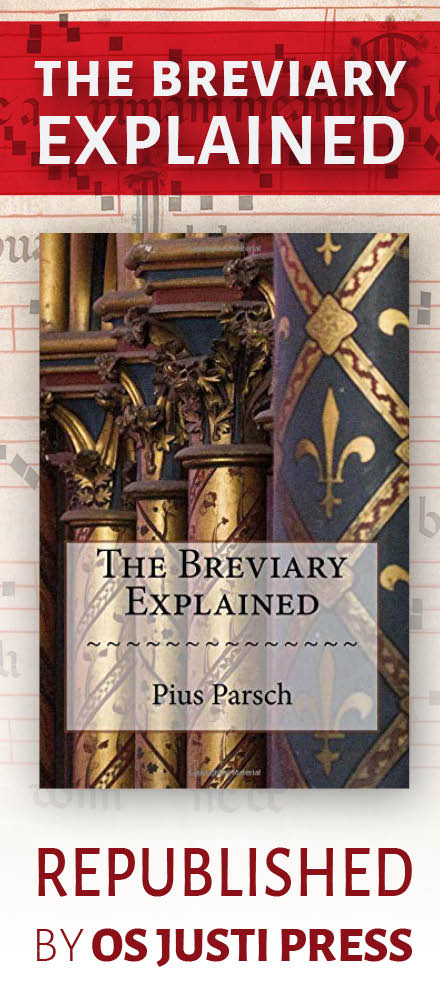Archbishop Agostino Marchetto's Critique of the Bologna School Interpretation of the Second Vatican Council
There are a few books whose potential importance brings with them a certain anticipation. Accordingly, there is some important news surrounding an upcoming book release which could be one of the most important releases in the English language in the coming year.
It is news which the NLM had been watching for about half a year now, pending some more solidified information, which I was pleased to finally receive just this morning.Archbishop Marchetto is the author of an important study published in 2005 by the Vatican Library, titled, Il Concilio Ecumenico Vaticano II. Contrappunto per la sua storia: The Ecumenical Council of Vatican II: A Counterpoint to Its History.
In this study, Marchetto critiques the so-called Bologna School which he says has done well in "monopolizing and imposing one interpretation" of the Second Vatican Council, presenting it as a kind of "Copernican revolution, the passing to… another Catholicism". He further critiques their interpretation of the Council as an event or "spirit", rather than looking at the Council through the lens of its official documents. It is in this historical context that Marchetto argues for the hermeneutic of continuity and against the hermeneutic of rupture.
Clearly the book is important, tackling a critical subject area which is often found to be a significant point of confusion and misinformation. Unfortunately to date it has not accessible only in Italian.
Thinking of how important this particular text could be in redefining our understanding of the Council in the context of continuity, as well as counter-acting the interpretation of the Bologna school that had become de rigeur in so many ecclesiastical circles; thinking as well at how it would work hand in hand with what Benedict is generally trying to accomplish, the NLM decided to make inquiries to determine if there were any plans to put the book into the English language.
The NLM was pleased to learn that it was indeed being translated and proofed in the English language, and further to that, we now know the publisher and the prospective date of publishing. The book will be published by the University of Scranton Press toward the end of this year or early next.
The place to watch for the release is in the forthcoming releases section of the University of Scranton Press.
(For those not familiar with the thought of Archbishop Marchetto on this topic, consult this article originally found on Sandro Magister's Chiesa site and republished on the NLM in November 2007.)




















